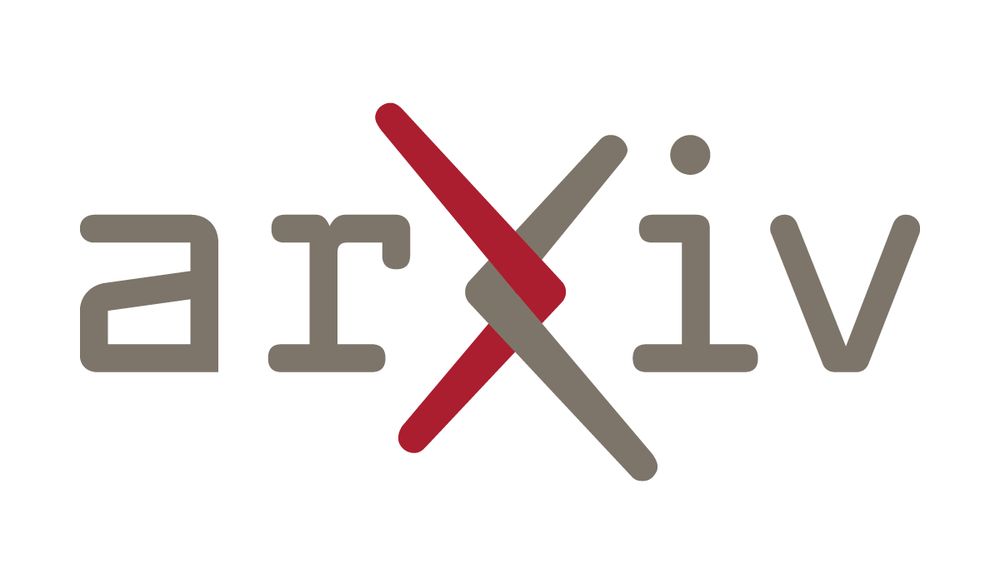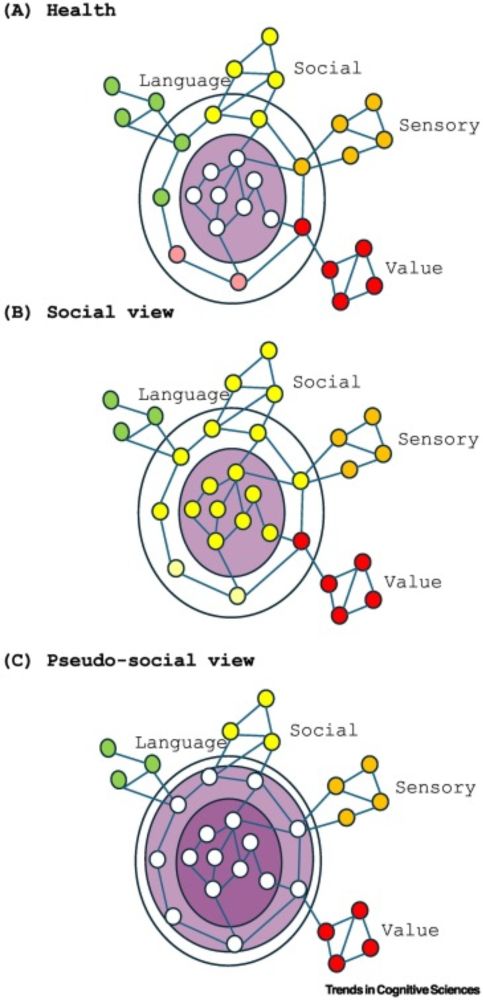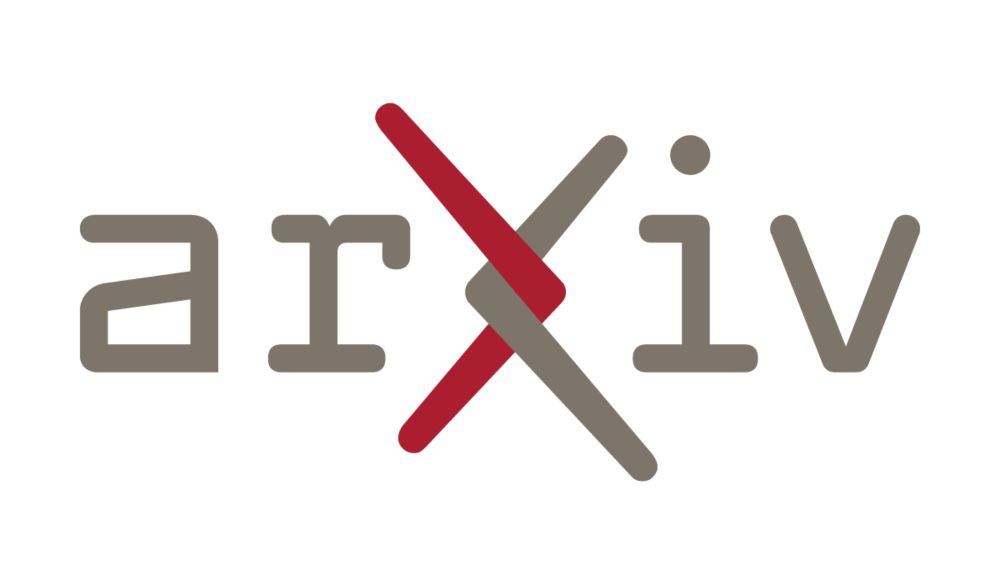OSF
New from star grad student @m-meyer.bsky.social we wanted to study why delusions (and other beliefs) are so fixed. We turned to a generalization paradigm and the peak shift effect. Martin finds people with delusions over generalize causal relationships during learning: osf.io/preprints/ps...
23.10.2025 16:29 — 👍 24 🔁 13 💬 1 📌 1
This looks soo good Phil, I have to try
09.10.2025 22:16 — 👍 1 🔁 0 💬 0 📌 0
Perhaps we need tasks other than beads to assess belief formation and updating?
01.10.2025 10:51 — 👍 11 🔁 1 💬 1 📌 0

Pseudo-specificity, pseudo-modules, and pseudo-models in paranoia
Our reply to recent critiques of our general theory of paranoia: www.sciencedirect.com/science/arti...
We were aiming the pseudo epithet at ourselves, social phenomena needn’t have dedicated social mechanisms, and associative explanations don’t want for complexity.
26.09.2025 11:50 — 👍 3 🔁 2 💬 0 📌 0

Psychedelic studies in nonhuman primates: Past and future
Molecular Psychiatry - Psychedelic studies in nonhuman primates: Past and future
Excited to share this super comprehensive review of psychedelic research in NHPs! W/ Alex Kwan. This work was by our grad student Jamie who is passionate about psychedelics. Her in-depth knowledge is impressive as reflected here.
www.nature.com/articles/s41...
12.09.2025 18:29 — 👍 18 🔁 6 💬 1 📌 0
New from our music team, song making in a group changes paranoia and patterns of language use consistent with lower distress, greater agency, and more positive emotion in people with psychosis: osf.io/preprints/ps...
These are the open-label pilot data - full randomized control study wrapping soon!
12.09.2025 18:26 — 👍 8 🔁 3 💬 0 📌 0
New preprint from the lab! 🧠
Led by Juliana Trach, w/ Sophia Ou
Using fMRI, we discovered evidence for time-sensitive reward prediction errors (RPEs) in the human cerebellum.
Builds on, and extends, recent work in both rodents and NHPs
08.09.2025 14:31 — 👍 46 🔁 20 💬 2 📌 0
OSF
New from our CNTRACS collab: Santiago Castiello finds that people with schizophrenia false alarm speech in sine wave stimuli, and benefit more greatly from the templates - particularly if they are voice hearers osf.io/preprints/ps...
06.09.2025 10:55 — 👍 27 🔁 8 💬 1 📌 1
Our new paper explores an analogy between representations of objects and representations of events, finding that similar illusions arise for both! Check it out 👇
04.09.2025 16:31 — 👍 54 🔁 14 💬 2 📌 0

@kurtfraser.bsky.social and I made the cover of American Journal of Psychiatry - with our examination of the aberrant salience hypothesis. Next stop Rolling Stone 😎
03.09.2025 13:38 — 👍 18 🔁 1 💬 0 📌 0
man I wish Carlsberg had funded our FUS infrastructure grant. such a promising technology!
29.08.2025 04:57 — 👍 17 🔁 3 💬 0 📌 0

First day back to school. Different emotions #ekman
21.08.2025 12:21 — 👍 13 🔁 1 💬 0 📌 0
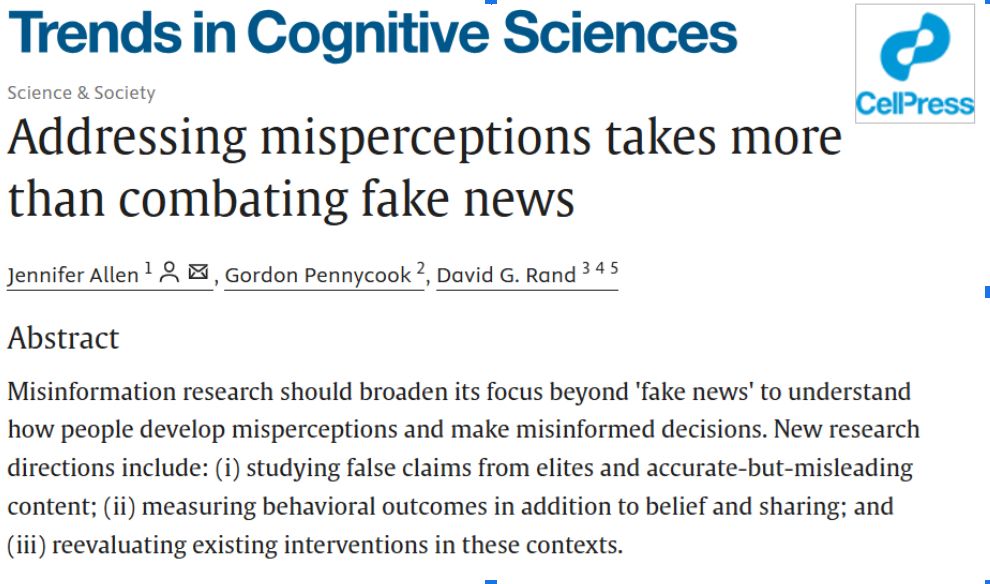
New in TiCS w @dgrand.bsky.social @gordpennycook.bsky.social
It’s been ~10yrs since misinfo research exploded but our paradigms are stuck in the post-2016 “fake news” model
Time for new approaches:
o True/False → Content that misleads
o Belief → Behavior
o Eval interventions in ambiguous settings
06.08.2025 13:40 — 👍 95 🔁 39 💬 3 📌 1

Scientist Use A.I. To Mimic the Mind, Warts and All
To better understand human cognition, scientists trained a large language model on 10 million psychology experiment questions. It now answers questions much like we do.
What happens when you train AI on psychological experiments? It behaves a lot like a human mind. Here's my story on Centaur, and the debate about what AI has to offer to cognitive science. Gift link nyti.ms/3ZYqXcg 🧪
02.07.2025 15:23 — 👍 77 🔁 12 💬 7 📌 3
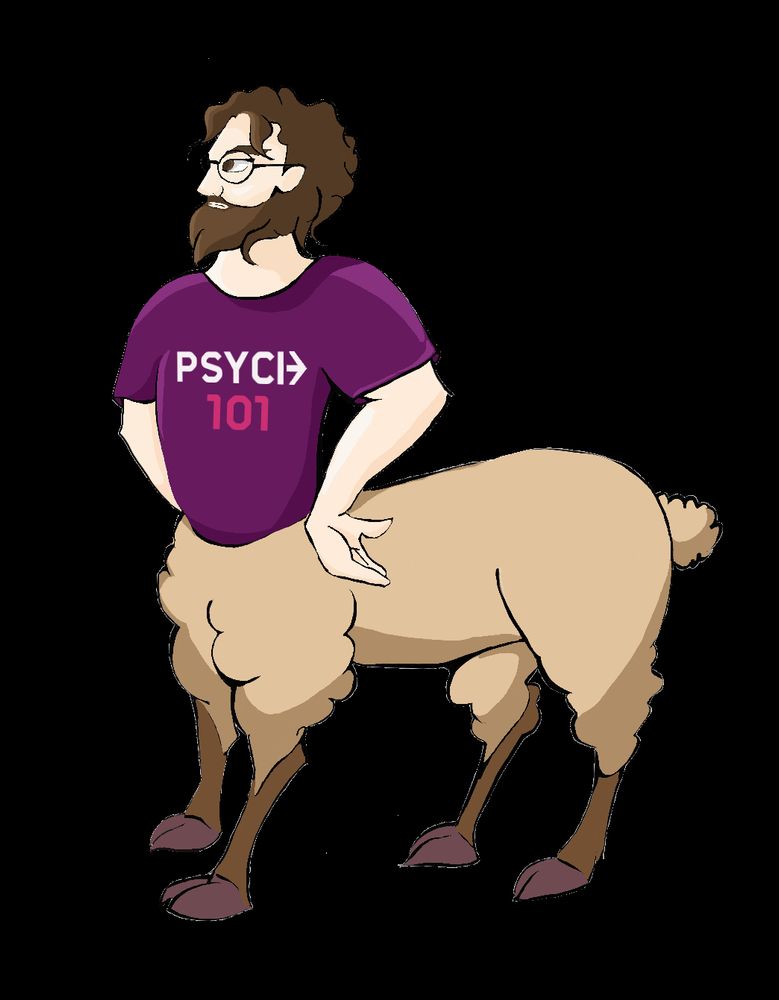
Excited to see our Centaur project out in @nature.com.
TL;DR: Centaur is a computational model that predicts and simulates human behavior for any experiment described in natural language.
02.07.2025 15:33 — 👍 42 🔁 12 💬 6 📌 2
This just came out online - the prediction error story about delusions evolves and butts up against other accounts.
This came out too late for us to cite, but its entirely consistemt with our view of the mind and brain: www.jneurosci.org/content/45/2...
18.06.2025 13:01 — 👍 10 🔁 2 💬 1 📌 0

Pseudosocial cognition and paranoia
It has been argued that social processes are relevant to belief formation and maintenance and thence to persecutory delusions – the fixed false belief…
New from us: Pseudosocial Cognition and Paranoia: www.sciencedirect.com/science/arti...
How can delusions have social contents without appealimng to dedicated social mechanisms?
Link is open for a month - please download and see what you think!
16.06.2025 15:49 — 👍 8 🔁 1 💬 0 📌 1
Latest from the lab: our theory of how paranoia can be about social things, without dedicated social processing @juliasheffield.bsky.social, Santiago Castiello, Rosa Rossi-Goldthorpe, @praveensuthaharan.bsky.social and @celiaheyes.bsky.social
nam12.safelinks.protection.outlook.com?url=https%3A...
14.06.2025 22:41 — 👍 16 🔁 6 💬 0 📌 0
New favorite typo:
Metacognition ---> meatcognition 🥩 🍖 🍗 🥓
Clive Barker inspired cognitive neuroscience incoming
I suppose in the end, its all meat
02.05.2025 12:50 — 👍 20 🔁 2 💬 3 📌 1
JAMA Psychiatry is a member of the JAMA Network, a consortium of peer-reviewed, general medical and specialty publications.
🌐 JAMAPsychiatry.com
Associate Professor of Psychology & Neuroscience, co-Director of Neuroscience PhD program, co-Director of Neuroscience major, Wu Tsai Institute, Kavli Institute for Neuroscience, Yale University — neurobiology of social behavior.
http://changlab.yale.edu
PhD Candidate in Yale's Interdepartmental Neuroscience Program mentored by Kelly Cosgrove and Sarah Yip.
https://medicine.yale.edu/profile/lester-rodriguez/
Cognitive Neuroscientist @ Harvard, AI Researcher @ Motional
Models of human & robot decision making in complex environments, including video games and urban driving. https://www.momchiltomov.com/
Neural Mechanisms of Stress Vulnerability & Resilience 🧠 | Incoming Assistant Professor @Haifa University 👨🏫 | Postdoctoral Fellow @Yale University 🎓
Yale Neuro PhD student 🐿️
Theoretical psychologist studying the evolution of human cognition.
All Souls College, University of Oxford
https://users.ox.ac.uk/~ascch/
Assistant Professor Vanderbilt Psychiatry; Clinical Psychologist; Psychosis Researcher; Interventions and Neuroimaging; CBTp Therapist; UChicago; WashU
We aim to understand how genes, molecules, cells, and neural circuits interact to give rise to brain development and behavior, and to apply this knowledge to advance treatments for brain disorders.
https://medicine.yale.edu/kavli/
Interested in natural and artificial minds.
https://akjagadish.github.io
Neuroscience PhD candidate at Yale
Brain networks, cognition, psychiatry
Constable Lab
NSF GRFP fellow
Formerly @Neuroscapeucsf
Twitter: @ayejaysimon
Natural and artificial general intelligence.
https://marcelbinz.github.io/
Yale Department of Neuroscience
https://medicine.yale.edu/neuroscience/
Engineer, restaurateur (www.eatsmac.com), father of 2, aspiring Cognitive Neuroscientist (@GC_CUNY).
Neuroscience,Insular cortex
I do not reply to direct messages
Twitter @leafs_s
mastdon @leafs_s@mstdn.science
Psychologist and neuroscientist. Studying how we perceive, act and decide
Reader (Associate Professor) - Birkbeck, University of London
https://psyc.bbk.ac.uk/uncertainty/
I study how the brain makes up the mind
Delusions, Hallucinations
Prediction Errors, Priors
Beliefs, Perception
He/Him
belieflab.yale.edu









